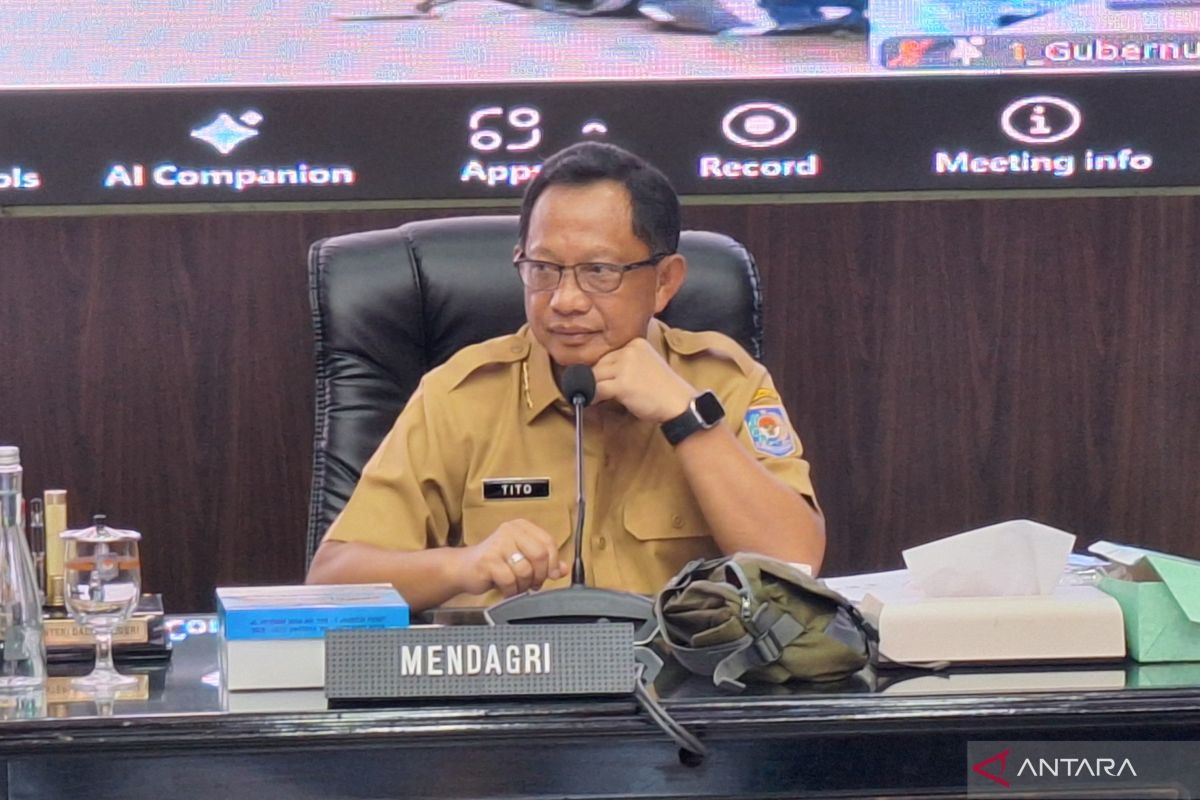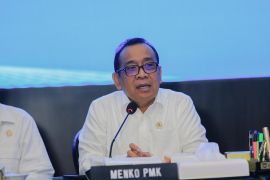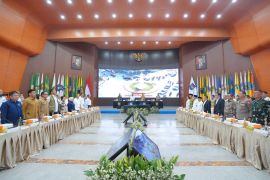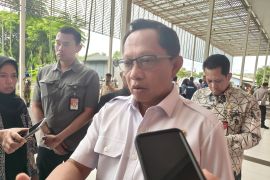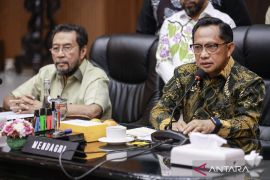“MPPs, such as the one in Surabaya, demonstrate strong synergy between central and regional governments in delivering fast, transparent, and citizen-oriented public services,” Tito said in a statement issued in Jakarta on Thursday.
He described MPPs as a strategic initiative to reduce red tape and accelerate transparent public services that benefit ordinary citizens.
Currently, 289 MPPs are operating across various regions. The Ministry of Home Affairs, in coordination with relevant ministries and institutions, continues to develop new facilities, aiming for all 514 districts and municipalities nationwide to have their own MPP.
The initiative has received positive feedback from the public, motivating authorities to expand MPP coverage throughout Indonesia.
Director of the Indonesia Political Review (IPR), Iwan Setiawan, commended the ministry’s efforts to grow the MPP network.
“As the commander of the bureaucracy, the Home Affairs Minister must ensure every district and city has an MPP. These malls provide a practical solution to streamline bureaucracy while supporting local economic growth,” Iwan said.
He noted that MPPs have significantly simplified administrative services, particularly for citizens who previously faced challenges with population registration or business permits.
“The services offered at MPPs are comprehensive - from passports and population documents to family cards and building permits (PBG) - all in one location,” he explained.
Iwan also stressed that MPPs should not only exist physically but must also guarantee clean and corruption-free services.
“The goal of MPPs is to make life easier for citizens. There must be no hidden fees that burden the public,” he said.
He added that well-served citizens are more likely to trust the government, which encourages entrepreneurship among MSMEs and local businesses.
Iwan noted that the Home Affairs Ministry’s MPP expansion aligns with President Prabowo Subianto’s directive to simplify administration and advance bureaucratic reform.
“The President has also tasked the Home Affairs Minister and Finance Minister Purbaya to assist regional governments in managing intergovernmental fiscal transfers (TKD) and other local budgets,” he said.
While acknowledging the growing number of MPPs, Iwan emphasized the need for regular monitoring and evaluation to maintain service quality nationwide.
“MPP development should not stop at construction. Performance and service quality must be continuously assessed to ensure real benefits for the public,” he said.
He concluded that the success of bureaucratic reform will be measured not by the number of MPPs built, but by how effectively citizens receive fast, simple, and transparent services.
Related news: Ministry inaugurates 42 new public service malls across Indonesia
Related news: Eastern provinces asked to provide public services via Digital MPPs
Translator: Fianda, Azis Kurmala
Editor: Primayanti
Copyright © ANTARA 2025
